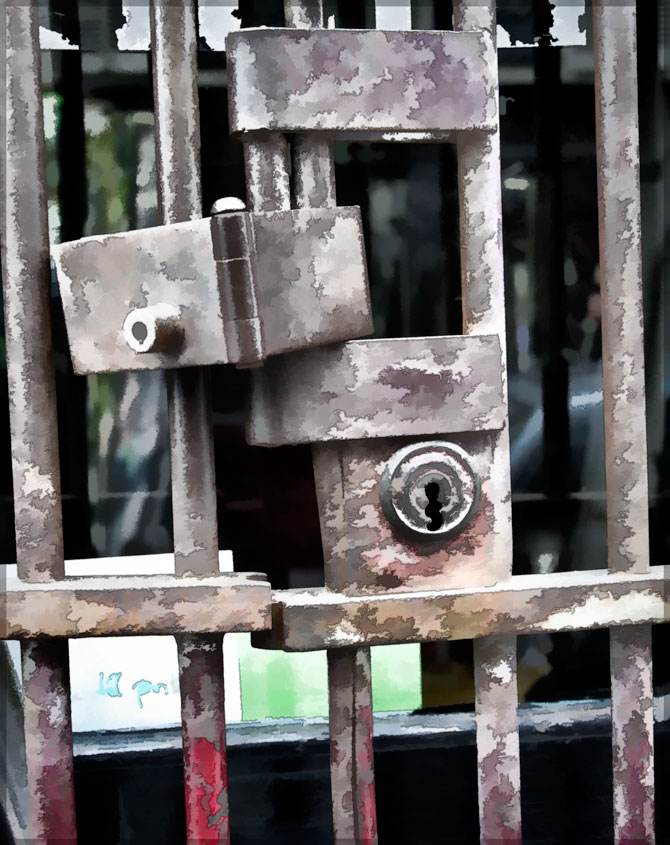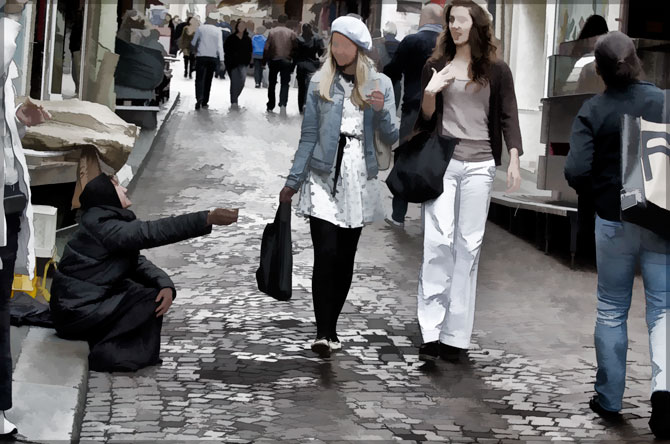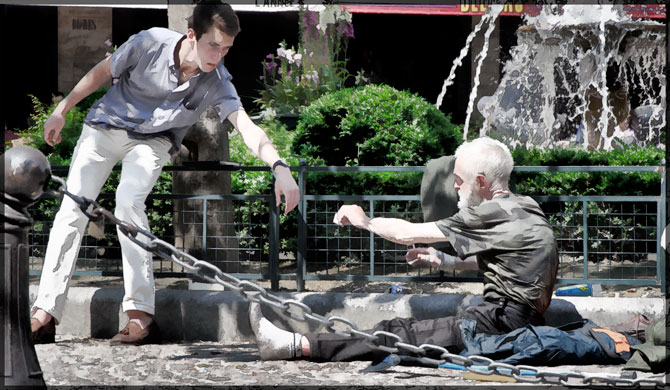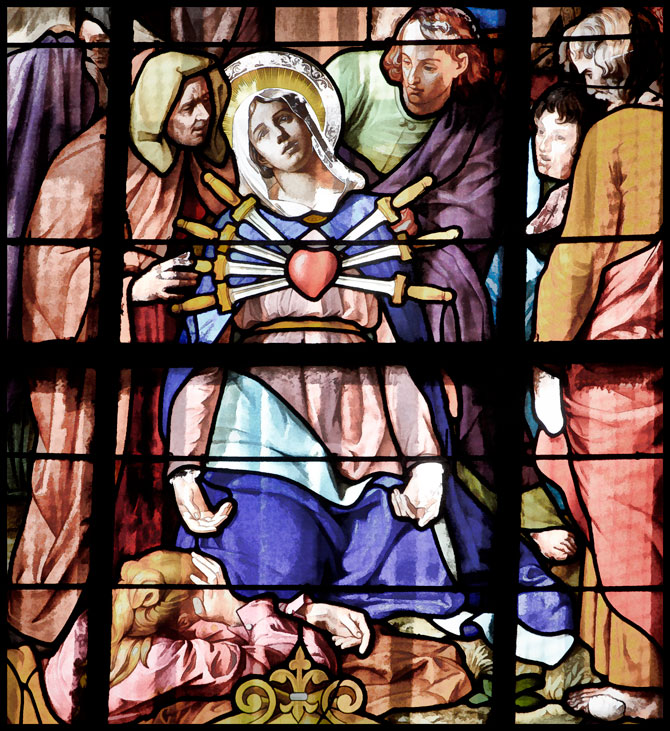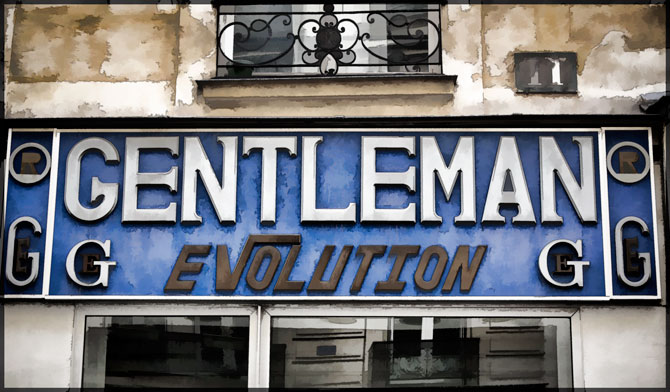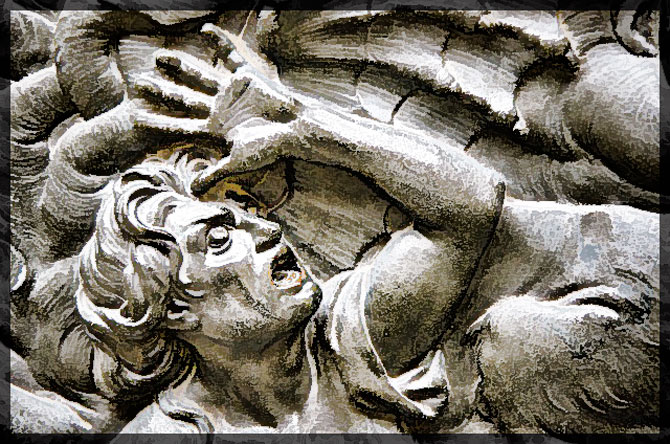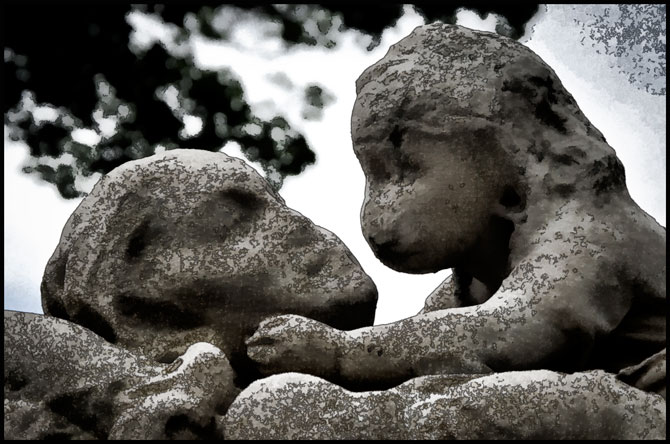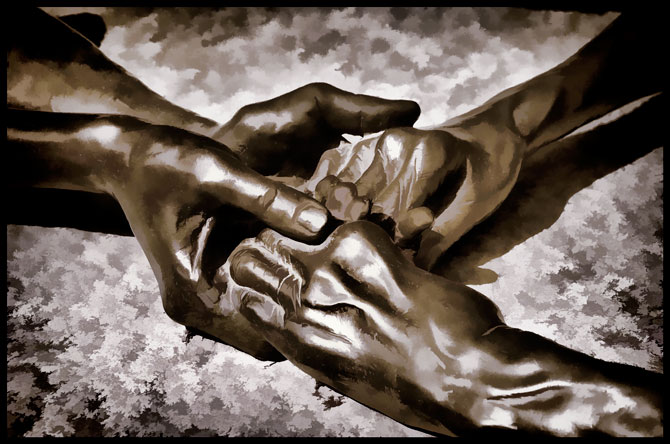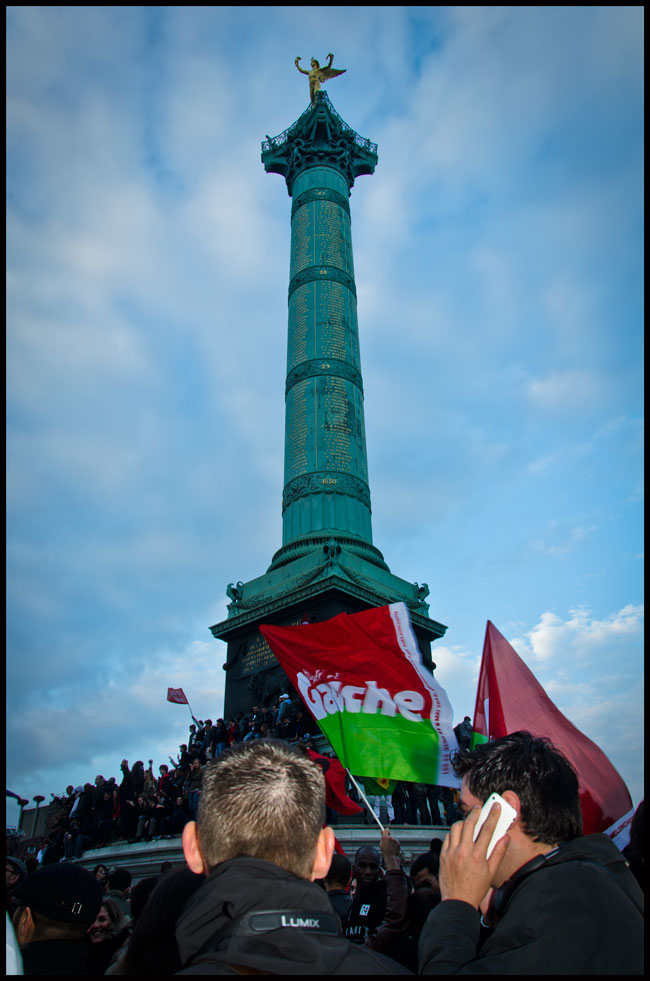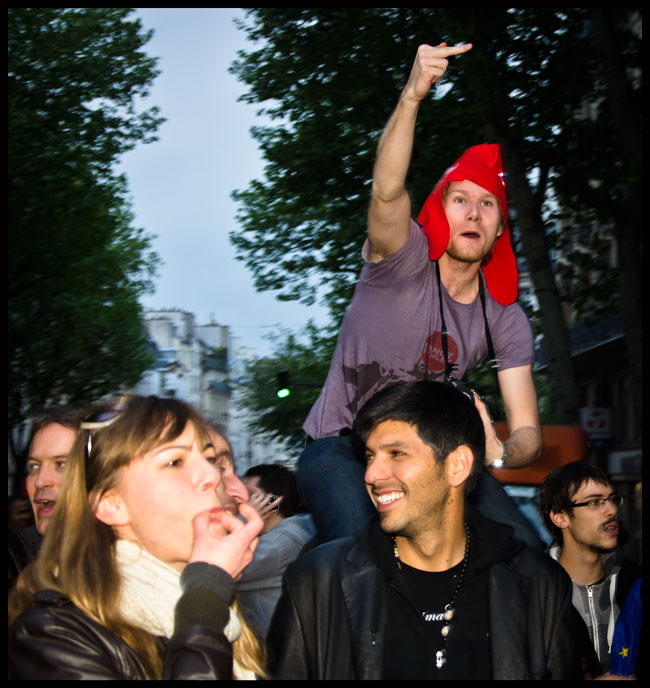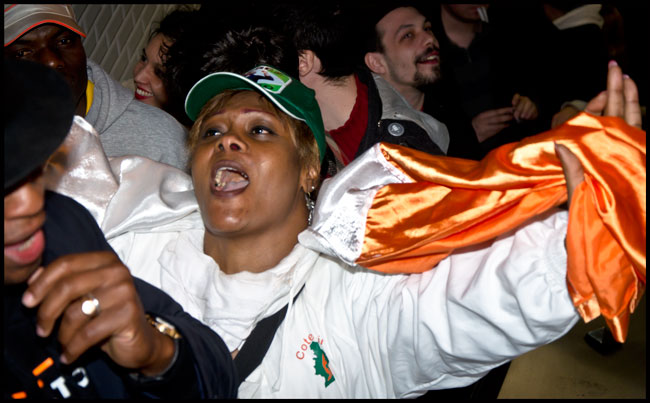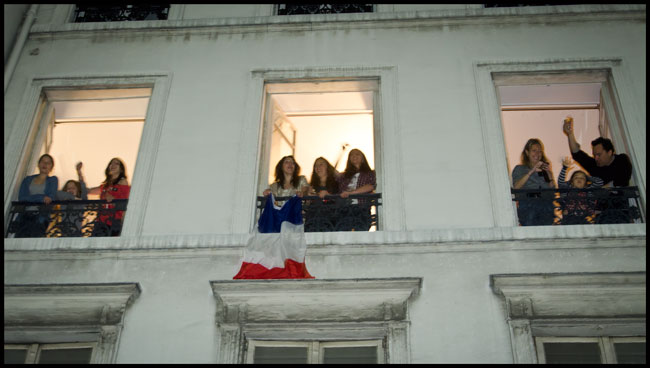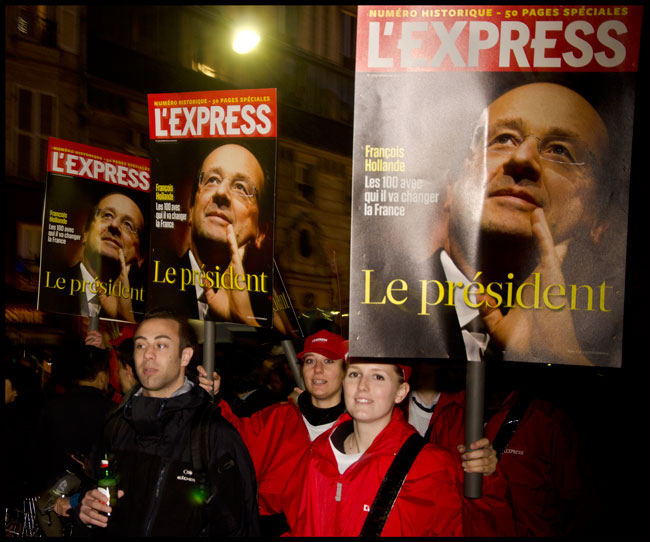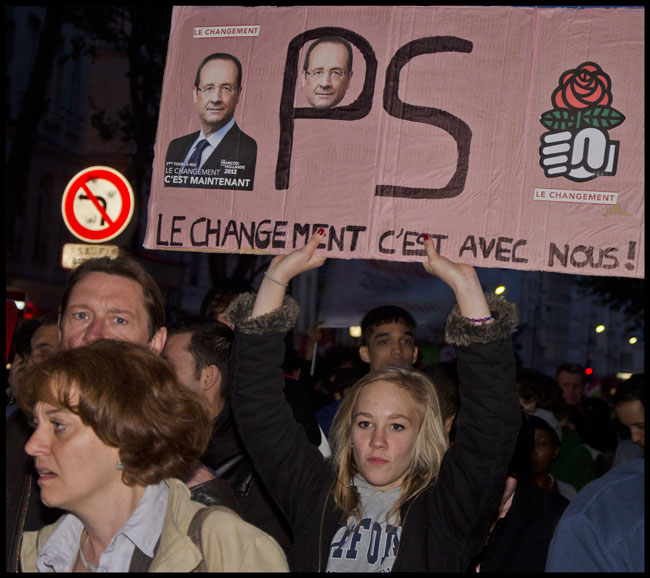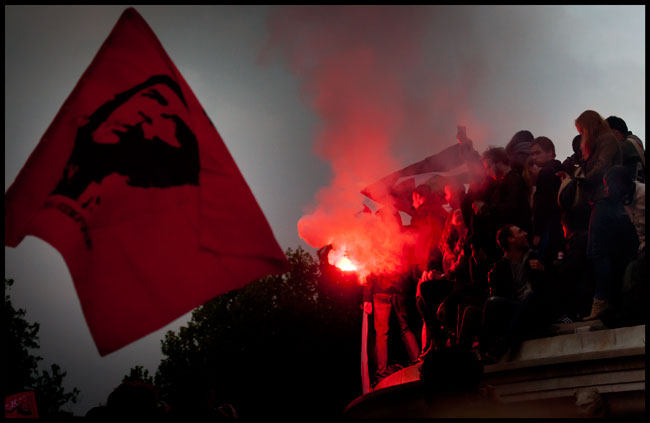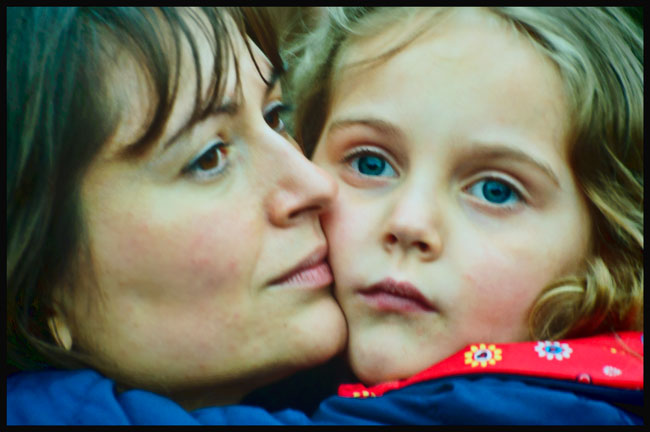Uncle Bruce Heimark, January 2, 1926 – November 5, 2012
 11.10.2012
11.10.2012 
I cannot think of a week with greater emotional swings of high and low than this past week has been. A death in my family. Rebirth in our country.
My mother’s youngest brother, Bruce Heimark, died on the morning of November 5, just as his family was preparing to call in hospice care.
He was my funniest relative, and rather merciless in his humor, as Norwegian-American Vikings can be.
I remember at the age of 12, walking down our driveway in Paradise Valley, Arizona to get the mail. Maybe I’d just seen a Marilyn Monroe film--I was trying out a sideways hip swivel. I wasn’t aware that Uncle Bruce was behind me, but when I turned to go back to the house, he turned too, and did an expert imitation of my slinky moves. In a man as tall as he, it was hilarious. And mortifying. Not a word about it to me, just a demonstration.
Norwegians from Minnesota are great jokesters, but they also put great store in being genuine, that is, unaffected in behavior and speech. In one minute my uncle had cured me forever of any temptation to be stagey or phony.
(Genuine is such a high compliment coming from my Norwegian relatives that when I brought Richard home for the first time, my mother crooked her finger at me 15 minutes after we’d arrived to say sotto voce in the kitchen. “Don’t let him get away! He’s genuine,” in a tone that others might use about God. (I told her not to worry, he wasn't running.))
I remember going to lunch with Bruce when I was visiting family in Paradise Valley, Arizona, during the period that he and Lee lived there. We talked about the shock of the late ‘60s for my parents, when their three oldest children were busy sampling every new freedom that was in the air.
From his more conservative Minnesota perspective, Bruce said, “I don’t know why they were so surprised. They’d encouraged you kids to be free from the time you were small—in books, music, travel, political perspective, independent thinking—everything.”
I was startled by his perspective; it had never occurred to me that their encouragement of adventurous living was anything unusual, and at the same time, I knew what he said was true.
Bruce spoke at my father’s memorial eloquently, without notes. And afterwards, during my mother’s long grieving, he called her every week.

Then, several years ago, when Richard and I went to AWP, a conference for writers and teachers in Chicago, I remember the winter night of winds so strong we laughed uncontrollably as we were blown like leaves down the street. We were on our way to meet Bruce and Lee, cousin Kris and her husband, Jim, for dinner at The Chicago Firehouse, a yellow brick building that was once a firehouse, and still had the tin ceiling and brass poles.
Bruce had been through a health crisis not long before, and had nearly died. Through intensive care and intense love from his family he’d pulled through. His heart surgery and complications from a hospital-induced infection, meant a slow recovery that had coincided with his daughter Sue’s illness and death.
We had a rollicking good dinner conversation about family and books and our lives, as you always did with Bruce and his family.
That was the last time I saw Bruce. In spite of my mother’s claim that she was done with travel (Ja, sure, Betty, I imagine Bruce saying) she was glad that she'd flown to Chicago with my sister, Ann, then on to Mankato with Bruce and Lee, Kris and Jim, to celebrate my uncle Jack’s ninetieth birthday last January. Showing up, being there, that is everything.
I know that more memories of Bruce will surface in the weeks to come. I’ll remember the timbre of his voice. I’ll remember his sly trickster humor, and how he made everyone laugh.
Monday night, my aunt told me that when Bruce was in the hospital after a stroke last week, the nurse asked him a series of questions.
What was his middle name?
“Bruce Douglas,” he said. "And what's yours?"
"How old are you?"
"86. How old are you?"
“Who is the President?”
“O-BAMA!” he roared.
"He's a Republican," said my aunt.
“I gathered,” said the nurse.
When I spoke with Lee on the phone she said she imagined that he was already playing cribbage with his daughter, Sue, and she beat him.
I wonder if he heard the word “hospice” and said to himself, “No thanks, checking out!”
Or maybe it was the prospect of an Obama victory?
That victory was the high of the week—of the year—for Richard and me and most of our family and friends.
But love is larger than political affiliation, and may be the only force strong enough to solve the major problems of our country and the world.
When life draws to a close, our memories of that person seem to be etched in the heavens, and take on the radiance of stars. Bruce’s star is dancing and twinkling with laughter. The secret of his humor? Timing! Right to the very end.
 Paris street art by JPM
Paris street art by JPM


